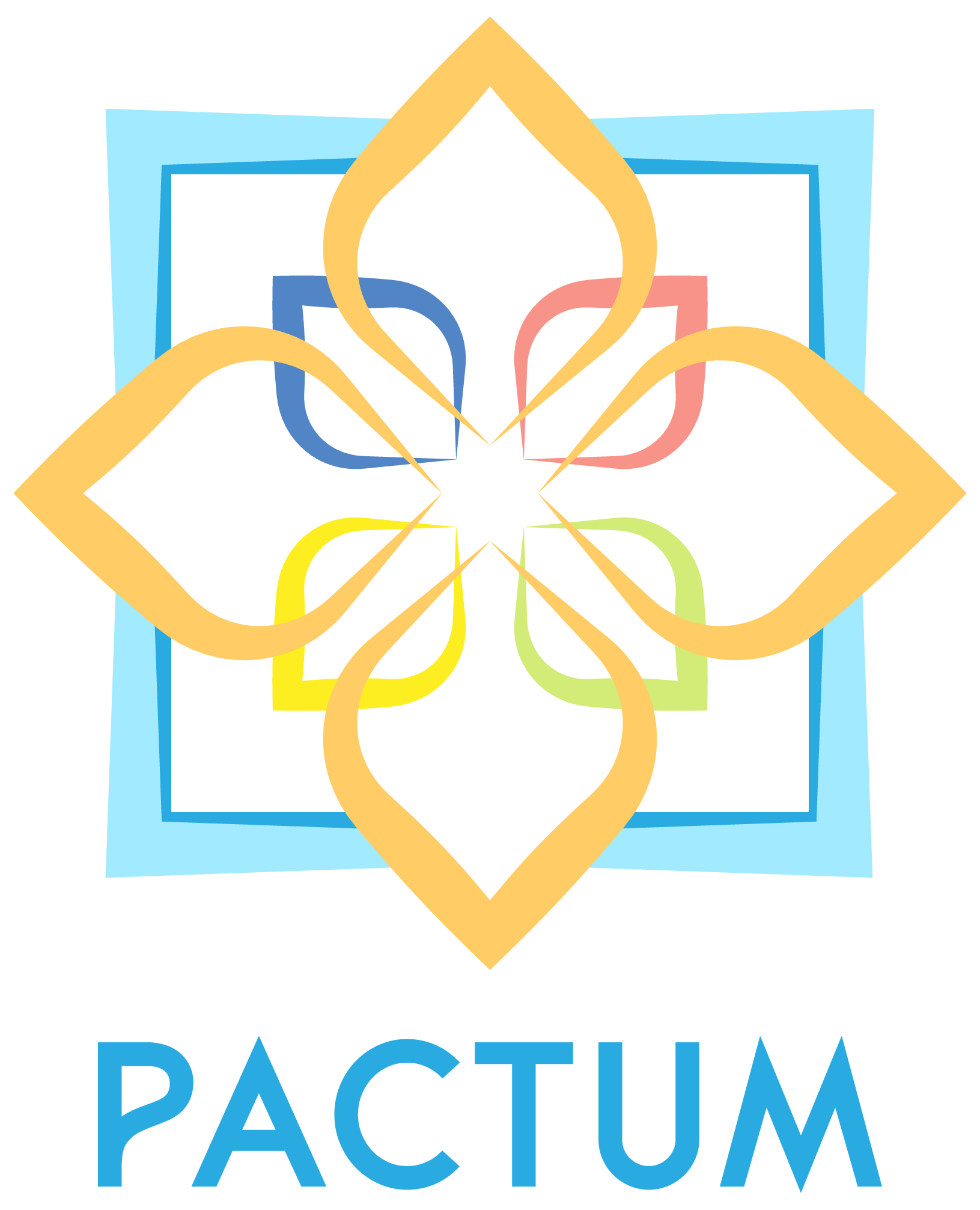
Description :
The PACTUM master is conceived as an intense one-year course, involving classes and practical activities.
A first “class semester” will be lecture-style-based: students will have to attend lectures in 5 subjects of 20 teaching hours each, complemented by 20 hours of seminars focused on Good Practices of Decision Making and Administration and blended activities with the connected universities. The second semester will be devoted to practical activities: an internship, to be agreed by the faculty of the course, connected to the issues studied in the previous period; a number of blended seminars developed with the collaboration of the partners of the network, and the preparation of the final thesis.
In particular, three subjects will be conceived as “pivotal subjects” in all the venues where the course will be organized and taught. This will guarantee a common basis of dissemination for all the Tunisian students involved. The subjects are:
- Comparative and Mediterranean Politics;
- Public Policy and Science of Administration;
- Theories of representative Democracy.
The other 2 subjects will be determined by each Tunisian university involved, on the basis of local sensibilities and specializations.
All subjects will benefit from the mutual exchanges with the EU partners. Blended activities with similar courses offered in Montpellier, Granada and Siena will be organized. This will allow mutual benefits for all the European and Tunisian instructors and the opportunity for the students of these classes to interact and socialize with each other.
The graduates of the PACTUM Master will therefore develop a wide range of knowledge including both practical and theoretical aspects of public policy management, conflict and crisis management, comparative law and comparative public administration, International politics and Mediterranean politics.
Press release:
The PACTUM project launches a high-quality, multidisciplinary two-year vocational master programme in social, political and behavioural sciences. The Pactum Master in Social Science, organized by five Tunisian Universities (Carthage, Kairouan, Sfax, Sousse, Tunis El Manar) with the support of UNIMED and three long established European Universities (Granada, Montpellier, Siena).
Download the full press release

